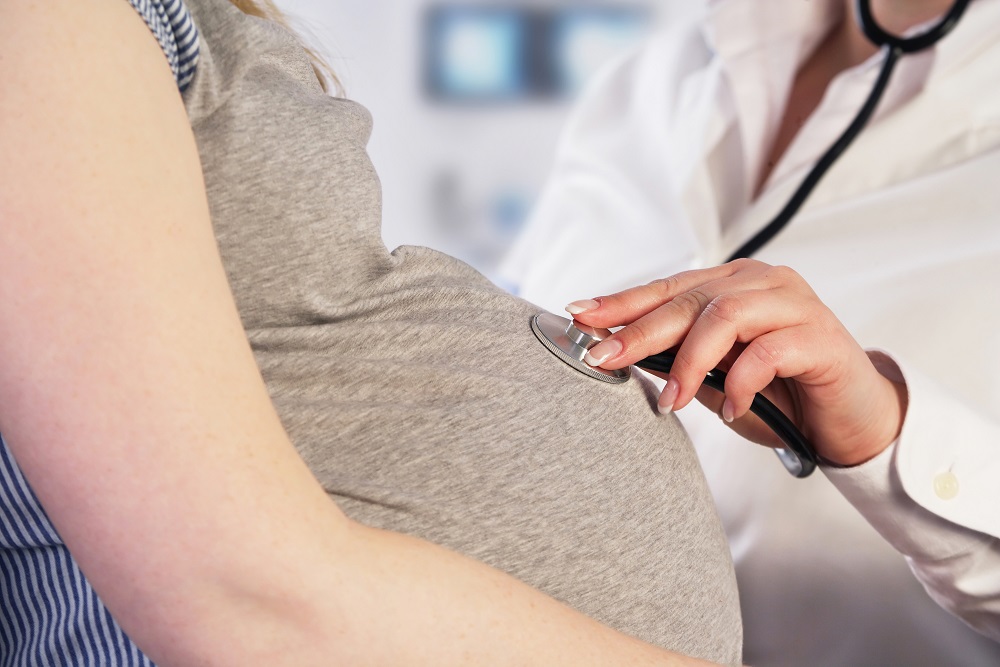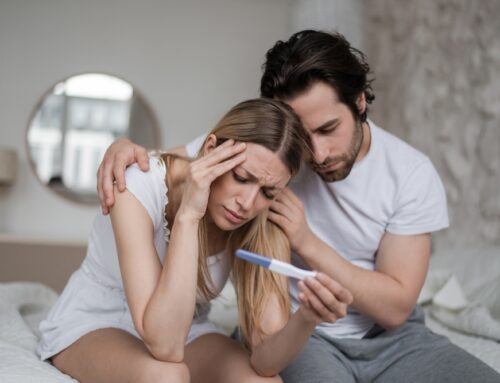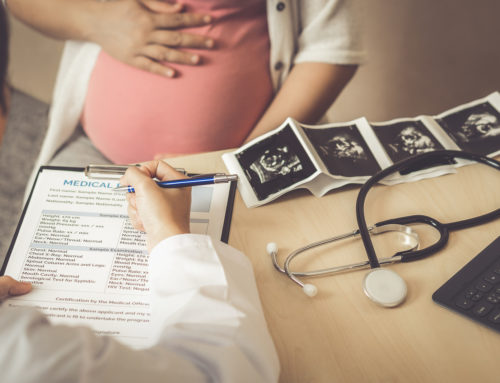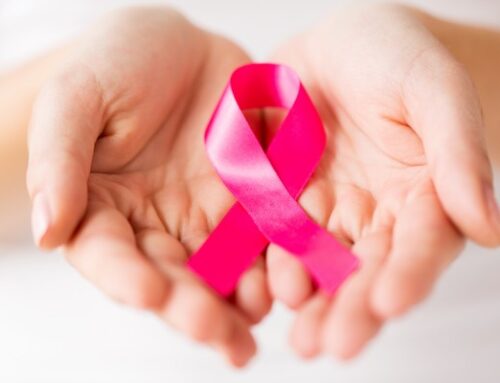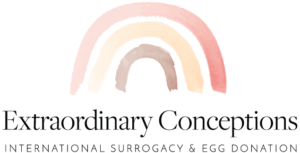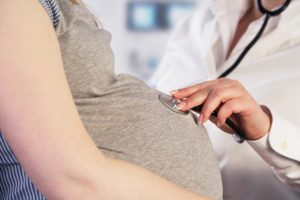 It’s no secret that as women age, they may have some difficulty getting pregnant or having a baby. Even as young as age 35 to 40, a woman only has a 5% chance of getting pregnant in any given cycle. Despite the fact that the effect of age on fertility is widespread, many women and couples still hesitate to talk about their struggles conceiving. Recently, however, the use of surrogate moms by several high-profile celebrities has brought the discussion of fertility treatment and third-party reproduction further into the open.
It’s no secret that as women age, they may have some difficulty getting pregnant or having a baby. Even as young as age 35 to 40, a woman only has a 5% chance of getting pregnant in any given cycle. Despite the fact that the effect of age on fertility is widespread, many women and couples still hesitate to talk about their struggles conceiving. Recently, however, the use of surrogate moms by several high-profile celebrities has brought the discussion of fertility treatment and third-party reproduction further into the open.
There are a lot of questions about surrogacy and egg donation, including the difference between the two procedures and why someone might choose one or the other. Many people are surprised to learn that even though some women over the age of 35 may need to use an egg donor, they are still able to carry their pregnancy. Below are examples of the qualities needed for successful fertilization and how age might affect how easily a woman can conceive.
Egg quality and age
In order to get pregnant, a woman needs to have both healthy eggs and a healthy uterus. As she gets older, her hormones will shift and her periods will become more and more irregular until they stop completely — a process known as menopause. During that time, it becomes increasingly difficult for a woman to conceive, primarily because of changes in the quality of her eggs.
A woman is born with all of her eggs already in her ovaries. That number will decline over the course of her life until she reaches menopause and no eggs are remaining. It’s important to realize that as she ages, so do her eggs and the DNA inside them.
An egg should have 23 chromosomes, one of each different type. A healthy sperm will also have 23 chromosomes, which when combined with an egg forms an embryo with 46 chromosomes (the typical number of chromosomes in humans).
Having lower egg quality makes it much more likely for issues to occur during some of the complex reactions that take place during reproduction. There is a higher possibility for miscarriages, infertility or even some genetic or chromosomal disorders in the baby. For example, if chromosome 21 doesn’t separate properly in an egg, it may end up with two copies of the chromosome instead of one. If that egg is fertilized, the baby will have a condition known as Down syndrome.
The risk of declining egg quality is why many older women will need, or elect to use, an egg donor. A donor egg can help to increase the pregnancy rate and decrease the risk of miscarriage or chromosomal disorders.
Aging and the uterus
While a woman’s uterus is also affected by the hormonal changes associated with menopause, the effect is not as significant as it is with her eggs. In fact, taking hormonal estrogen and progesterone supplements can help many women 35 years of age and over prepare their uterus for pregnancy.
Getting pregnant
Luckily, reproductive technologies have provided alternative options for an older woman to get pregnant when she is ready to start her family. Egg donation is one such opportunity that helps older women bypass the chromosomal issues that occur during aging.
Using an egg from a younger woman, ideally in her 20’s, greatly increases the chance for conception. In this process, the young woman goes through the IVF cycle to prepare her eggs for retrieval and donation. The eggs are then fertilized in the lab with sperm from the male partner or a sperm donor. The viable embryos produced are then transferred into whoever will carry the pregnancy. If that person is the Intended Mother, she’ll need to take hormonal medications for several weeks before and up to a few months after the embryo transfer to promote a positive environment in the uterus for implantation and embryonic growth.
Increasingly popular option
According to the Society of Assisted Reproductive Technologies, over 5,800 fresh and 3,100 frozen donor egg cycles were performed in the United States in 2017 alone. You may even know someone who has gone through this process. In addition, you know those celebrities who get pregnant well into their forties or even fifties? There is a good chance they may have used an egg donor, too.
Deciding whether to use a surrogate
Your doctor should provide guidance on whether you are able to carry a pregnancy. They’ll run diagnostic testing and may have you see a specialist to look at your overall health status. Testing will also be done on your uterus to make sure there are no fibroids or polyps that can prevent a pregnancy. Once all the results are in, the doctor will sit down with you and help you decide the best course of action, including whether the use of an egg donor or surrogate is necessary.
If you are interested in learning more about the egg donation process and whether it may be right for you, get in touch with one of our coordinators or register online today!
Sources:
Age and fertility. (n.d.). Retrieved from https://www.reproductivefacts.org/news-and-publications/patient-fact-sheets-and-booklets/documents/fact-sheets-and-info-booklets/age-and-fertility/
Egg donation. (n.d.). Retrieved from http://www.infertile.com/egg-donation-gestational-surrogacy/
Get the facts. (n.d.). Retrieved from https://resolve.org/infertility-101/what-is-infertility/fast-facts/
Knutson, Jennifer and McLaughlin, Jessica. (n.d.). Effects of aging on the female reproductive system. Retrieved from https://www.merckmanuals.com/home/women-s-health-issues/biology-of-the-female-reproductive-system/effects-of-aging-on-the-female-reproductive-system
National summary report. (2017). Retrieved from https://www.sartcorsonline.com/rptcsr_publicmultyear.aspx#donor-fresh-egg
Nelson, S. M., Telfer, E. E., & Anderson, R. A. (2013). The ageing ovary and uterus: new biological insights. Human Reproduction Update, 19(1), 67–83. https://www.ncbi.nlm.nih.gov/pmc/articles/PMC3508627/


